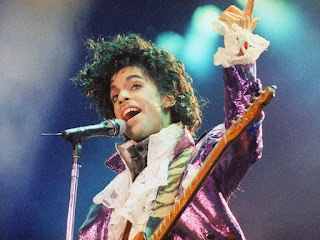I went to Stockport beer festival last night, held for the third year in a row at the town's Masonic Guildhall (vale Edgeley Park: Stockport County's successes on the pitch, rising from National League North to EFL League One, and the subsequent redevelopment of the ground and its hospitality and conference facilities, have put it beyond the pocket of the organisers).
Stockport might not quite be the new Berlin, as an international DJ once dubbed it, but with a new bus station, which will now eventually become a tram interchange, a bridge across the Mersey from it to the Runaway microbrewery, which relocated there from Manchester, and some long shut pubs in that area reopening, the town is definitely on the up.
I tend to gravitate towards darker, stronger beers at festivals now, and amongst those I enjoyed last night were a strong dark mild brewed by Thornbridge, on the Burton Union system they acquired from Marston's, in collaboration with Brooklyn Brewery's Garrett Oliver, Krakow Prince, a porter from Poland's only cask beer brewery, and a smoked Redwillow Rauchbier.
On the way back to the station I popped into the Spinning Top, where a blues band was playing covers of some Chicago standards (Howlin' Wolf's Killing Floor, Jimmy Reed's Bright Lights, Big City). The Spinning Top, a music pub housed in a former Indian restaurant, is named after a short story by Franz Kafka, a quote from which is painted on the wall (Kafka spent some time in Berlin, but I don't think he ever made it to Stockport).









